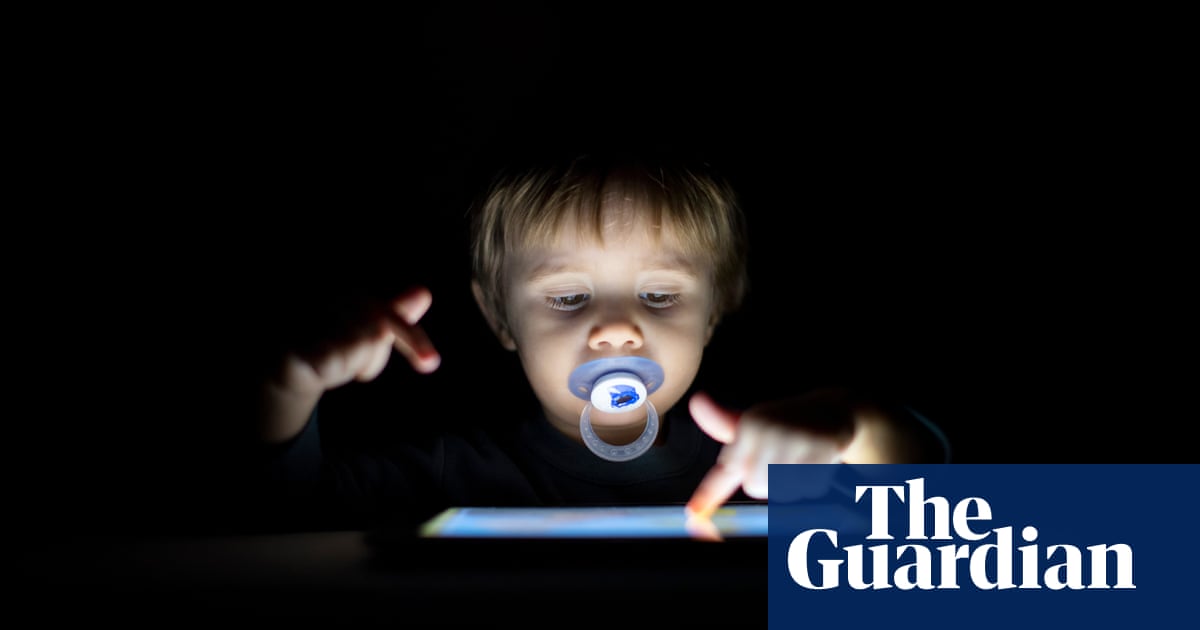From unusual TikTok trends to circumventing parental controls, navigating your child’s interaction with screens can be quite challenging.
In the UK, 91% of children own a smartphone by the age of 11, as per Ofcom data. Similarly, a study across 19 European countries revealed that 80% of children aged nine to 16 use smartphones daily for online activities. In the US, statistics show that 42% of children have smartphones by age 10, increasing to 91% by age 14.
The prevalence of smartphones is not the only concern; the amount of time spent on devices has been steadily increasing. Lockdowns have exacerbated this trend, with 79% of UK parents noting an uptick in their children’s screen time post-pandemic. However, recent global data from 2023 indicates a return to pre-pandemic levels for adults. In the US, data from the Centers for Disease Control and Prevention in 2018 revealed that 11-to-14-year-olds spent an average of nine hours daily on screens.
Numerous parents worldwide shared their experiences with their children’s screen habits, spanning toddlers to teenagers across different continents. While some parents expressed satisfaction with their children’s smartphone usage, many voiced concerns about the excessive time spent online and its impact on mood and concentration.
Steve, a 54-year-old parent in the Netherlands, grapples with his teenage sons’ smartphone use. Despite acknowledging the importance of technology in modern life, he employs strategies like Google’s Family Link and setting boundaries such as no phones at the table to manage their screen time.
Various approaches exist to limit screen time, ranging from laissez-faire attitudes to strict supervision. Monitoring tools are commonly used, although many parents find that their children adeptly evade these controls.
Aditya, a 34-year-old parent in Mumbai, successfully reduced his young son’s screen time through active intervention, emphasizing alternative activities like board games and books. Similarly, Adrián from São Paulo restricts his daughter’s screen time and underscores the importance of setting a positive example in reducing dependency on mobile devices.
Concerns about social media’s impact on teenagers’ mental health were raised by parents like Jane, a psychologist in Cape Town. She engages in ongoing conversations with her daughter about social media use and its effects, recognizing the need for continuous dialogue on this evolving issue.
The rapid pace of technological advancements poses challenges for parents like Rob in England, who struggles to regulate his daughter’s extensive phone use. Many parents, including Nga in Vietnam, face difficulties monitoring content consumed by their children due to work commitments.
The pandemic significantly altered screen time habits, with parents like Charanjeet in Singapore observing a sustained increase in device usage among their children. While concerns persist, some parents acknowledge the educational benefits of online content, such as language learning opportunities for young children.
Jane, a parent in Luxembourg, emphasizes the importance of teaching teenagers to self-regulate their screen time and focus on the content consumed rather than fixating on device usage. She believes that new technologies present challenges that can be navigated through self-awareness and control.
For some teenagers, excessive screen time impacts their social interactions, as described by Marie from New Zealand. Her son, Jack, highlights the isolating effect of smartphones on social gatherings and the added pressure from constant connectivity in school settings.
In conclusion, managing children’s screen time requires a balanced approach that considers individual needs, fosters open communication, and promotes healthy alternatives to excessive device use.

